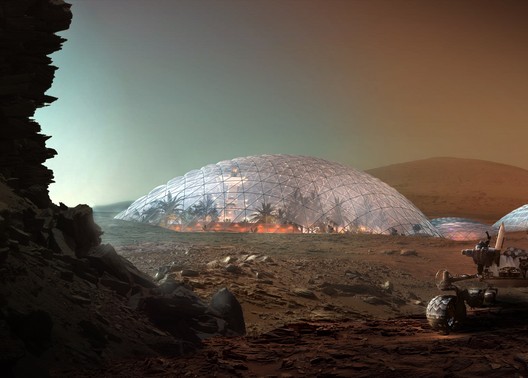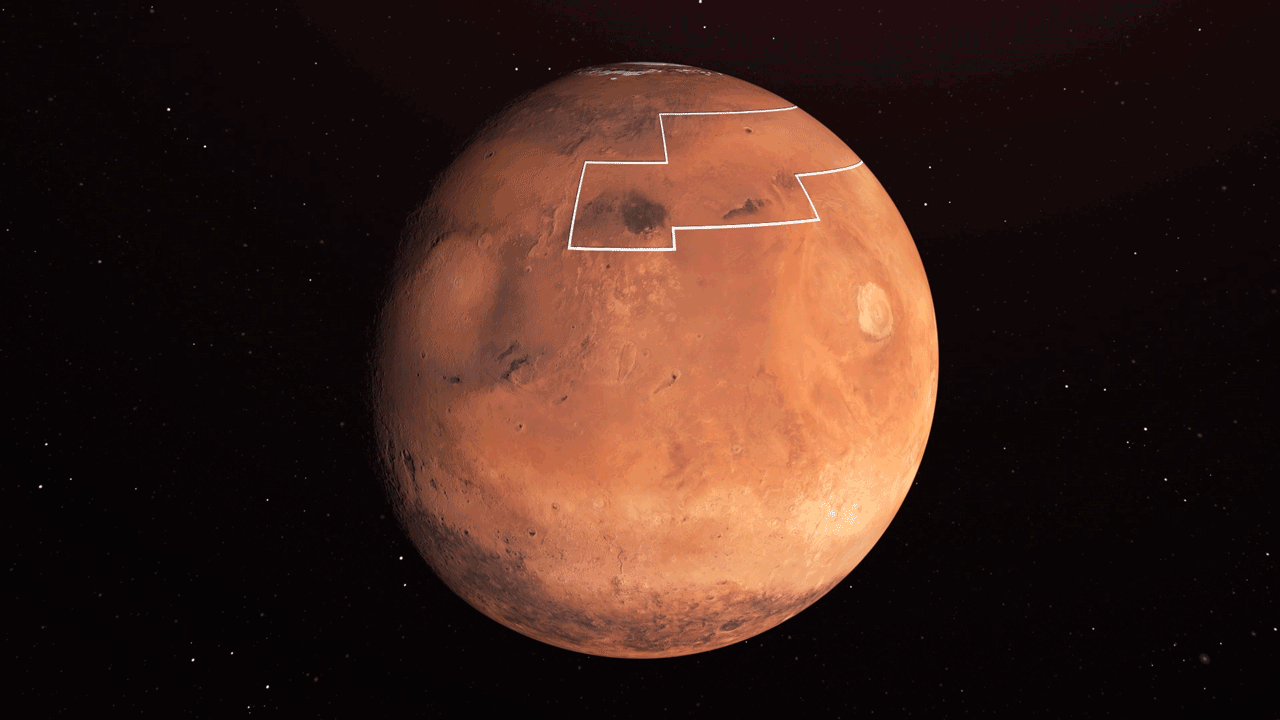So far, science has failed in its search for extraterrestrial life.
The space probes sent to Venus in 1967 and 1970 found that the temperature on the planet's surface is that of molten lead, atmospheric pressure equals that found a kilometer deep under the ocean, it rains sulfuric acid, and its volcanic activity is the largest in the entire Solar System.
Venus is one of the most hostile places known. In September 2020, the ALMA radio telescope detected phosphine (PH3) in the upper atmosphere. Related studies indicated a plausible amount of life, but the PH3 also can be generated by geological process.
Space probes sent to the Moon in 1976, 1994 and 2005 detected frozen water from comet impacts in the shadowed areas of the North and South poles. The atmosphere of the Moon is practically non-existent, with only a very scant presence of gases and surface temperatures ranging from 122 to -232 ºC. The Moon lacks a magnetic field able to protect it from solar flares and galactic cosmic rays that would be capable of sterilizing its surface from any known life form.
Mars also lacks magnetic field, and its atmosphere is 100 times thinner than ours. Space probes have found frozen water beneath the surface but not even a bacterium in the forty-five years they have been trying. There are no Martians, the first flying saucer to land on Mars in 1976 was made in California.
The search for extraterrestrial life is used as a powerful argument for funding new research projects on extremophile organisms and planetary atmospheres, and for searching amino acids and organic matter in the interstellar dust clouds.
Some scientists imagine that there may be liquid water under the 100 km thick ice sheet covering the surface of Europa, the satellite of Jupiter. They are even talking about exploring this likely underwater ocean using submarine robots.
No one knows how to drill that ice sheet, without it being immediately refrozen, nor how to build a submarine capable of withstanding water pressure at 100 km deep, nor how to communicate with it to obtain data, nor how to transport it, along with the drilling machinery, through 660,000,000 km. But if they would do know, they can try again with the 800 km thickness of the ice crust that covers Ganymede.
At 1,275,000,000 km from Earth, in the outer Solar System, the methane is in a liquid state and in 2005 it was discovered to form super-cold oceans on the surface of Titan, the satellite of Saturn. As with Venus phosphine, Titan methane could have both a biological and a geological origin. Ultraviolet radiation from the Sun destroys it, albeit at a slower rate than on the Earth. Scientists have calculated that if there was no repositioning mechanism, the methane would have completely disappeared in a period between 10 and 100 million years, noticeably short in geological terms.





